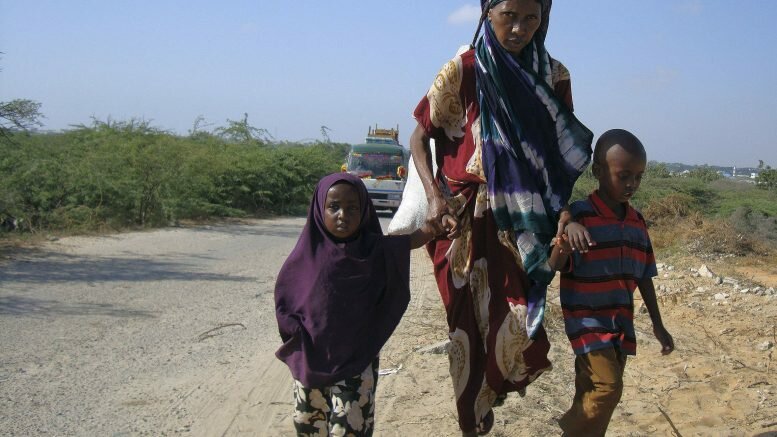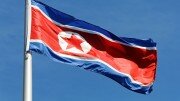Minister of Foreign Affairs Børge Brende is today visiting Somalia. He is the first Norwegian foreign minister to do so.
His visit coincides with the Government’s launch of its strategic framework for Norway’s engagement in promoting prevention, stabilisation and resilience.
–
‘Norway has for a long time been engaged in efforts to promote stabilisation and peace in Somalia.
It is always difficult to achieve growth and development in a situation where many of the state structures have collapsed, and Somalia is a case in point.
–
Our experience here has also shown us how important it is to work strategically and take an innovative approach in situations of fragility.
–
‘In Somalia, we are working along several different tracks with several different partners, and we are engaged in areas ranging from political dialogue and peace and reconciliation work, to humanitarian aid, long-term development assistance and stabilisation efforts.
–
We are also contributing to projects that bring about an immediate improvement in the security situation on the ground. In Mogadishu, for example, we have helped to make neighbourhoods safer by providing funding for solar-powered street lamps.
–
The strategic framework that the Government is presenting today is a toolbox that will make it easier to tailor Norway’s efforts to concrete situations in specific countries. Our efforts in Somalia are an example of this approach,’ said Mr Brende.
–
In the new white papers on the future course of security policy and on Norwegian development policy, the Government has identified a number of steps it will take to strengthen Norway’s efforts to build resilience in situations of fragility.
–
Increased migration and a greater number of humanitarian crises as a result of terrorism, conflict and climate change have drawn more attention to countries affected by fragility. Conflicts, wars and terrorism have catastrophic consequences for those who are directly hit, and they also create security challenges across national borders and regions.
–
The foreign and development policy tools set out in the two white papers are incorporated into the new strategic framework. This ensures a more coherent approach and that measures are adapted to the current challenges. The framework will also raise awareness about the tools that are available. The aim of Norway’s efforts in this area is to enable the affected states and regional actors to safeguard their own security and welfare.
–
‘Experience from countries such as Afghanistan and South Sudan has shown us that we must take a different approach in states affected by fragility than we do in more stable countries. We need to make Norway’s efforts more targeted, and promote enhanced international coordination. We must focus more on prevention, and on the links between humanitarian relief and long-term aid. And we must ensure that the various tools, such as political dialogue, aid and military efforts, are well coordinated.
–
Efforts in situations of fragility carry a higher risk than efforts in more stable areas, but we know that failing to take action can be even more dangerous. In Somalia, it is estimated that 70 % of the population is under the age of 30. Stabilisation and job creation will be crucial for giving these young people a safe future and for building regional stability.
–
‘The talks I had with President Farmajo and Prime Minister Khaire in Mogadishu today confirmed that the new Government is intent on intensifying its efforts to create a more stable future for the country. We discussed the security situation, the AU peacekeeping mission, and the fight against Al Shabaab, as well as the need for political reforms and stronger economic development. It is vital that the authorities succeed in building trust among the people of Somalia, who have lived under conflict for so long.
–
The capacity of the authorities to provide basic services must also be enhanced. These are priority areas in our bilateral cooperation. We are also providing substantial humanitarian aid to Somalia, and the severe drought that has resulted in six million Somalis needing food aid was an important topic in our talks,’ said Mr Brende.
–
The Government has announced that it will open embassies in Mali and Tunisia as part of its intensified efforts in states affected by fragility. The tools and measures set out in the strategic framework include enhanced peace and reconciliation efforts, increased cooperation with regional actors, support for more effective UN operations, and efforts to counter violent extremism and organised crime.
–
Long-term aid, with an emphasis on job creation, education, energy and climate change, has a central place in the strategy, and humanitarian relief will be more closely coordinated with long-term aid. The promotion of human rights, good governance and the rule of law is crucial for long-term stability, and will be an important part of Norway’s efforts in this area.
–
Source: government.com / Norway Today




